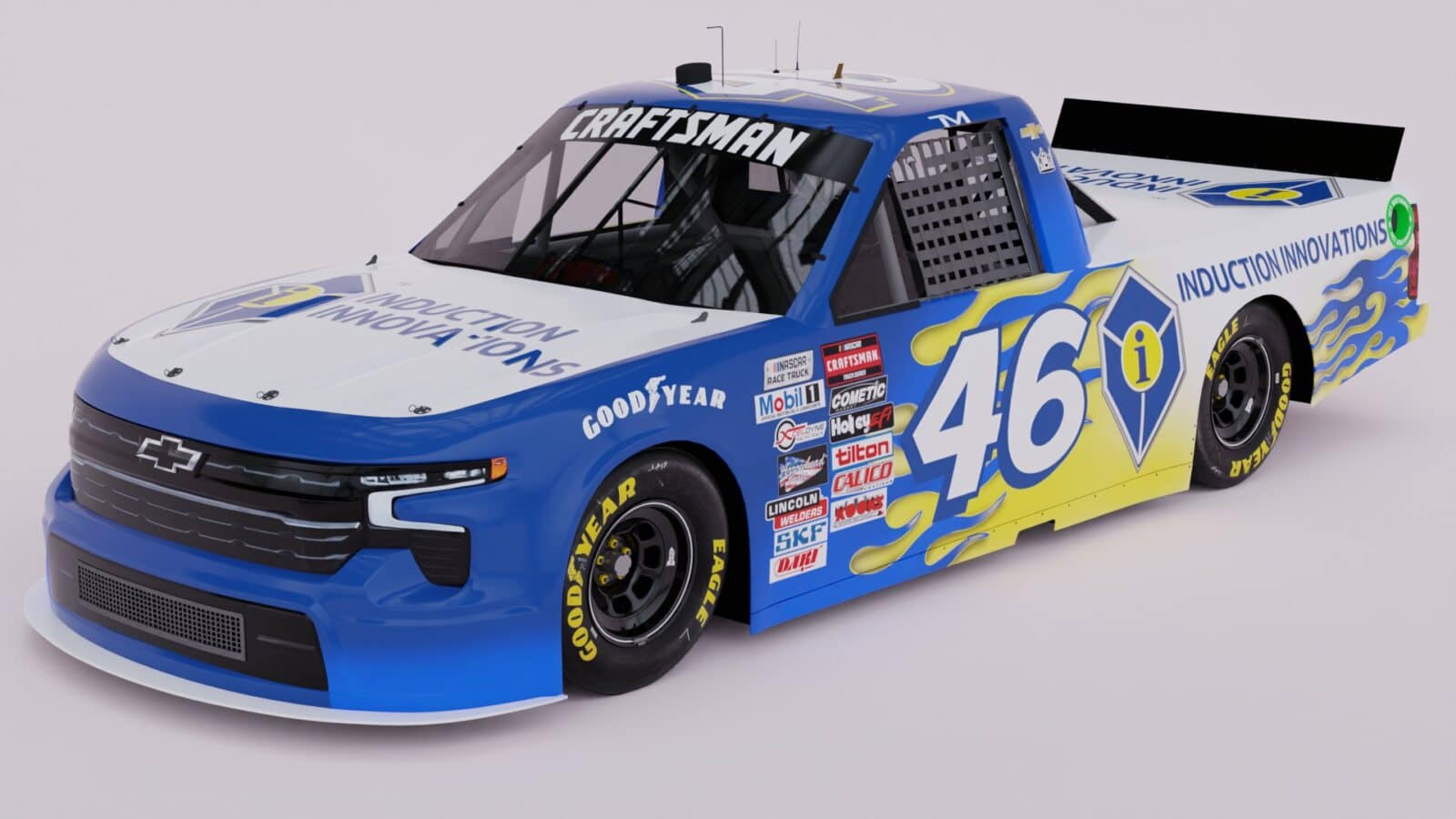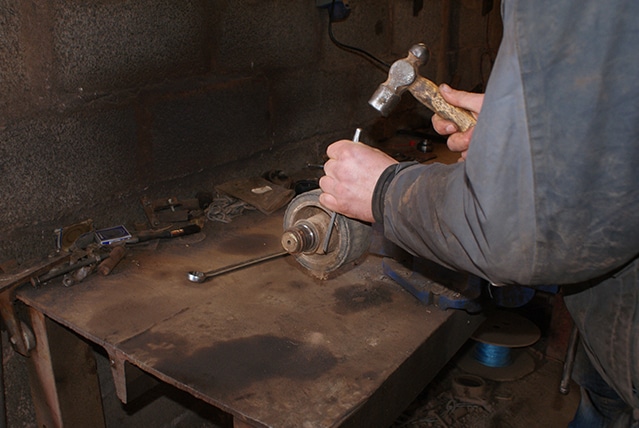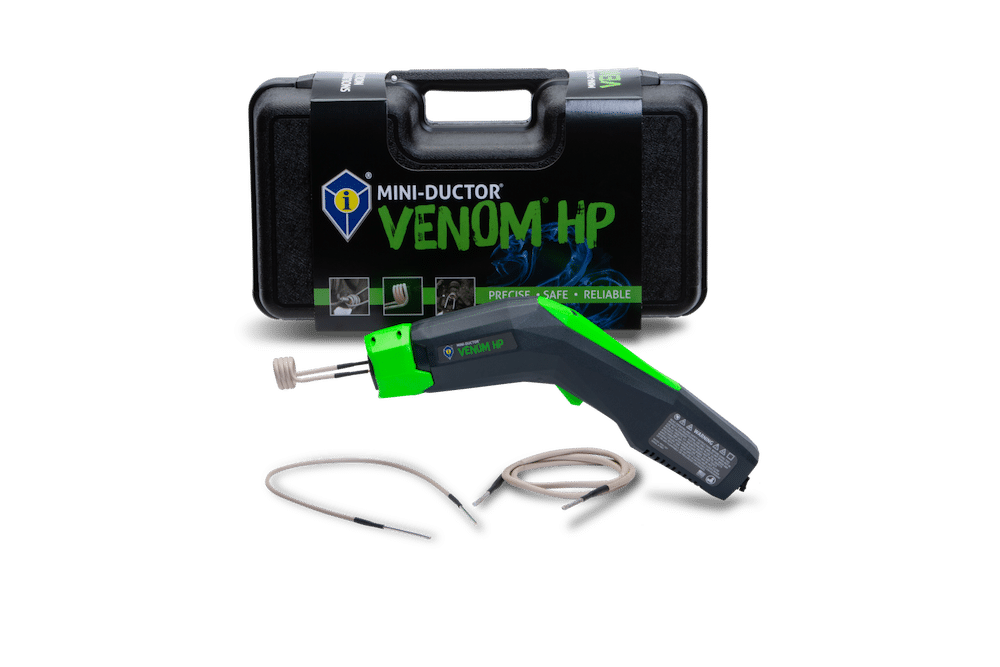
There’s no getting away from the fact that adhering to health and safety rules is a key part of your garage or auto body shop.
Hazards of Oxygen-Acetylene
One potentially hazardous practice is the use of oxygen-acetylene (oxygen fuel) torches and welders, which have been under scrutiny for some time.
The risks of fire and explosion hazards from using oxy-acetylene for welding and cutting are well documented by OSHA. Acetylene is an extremely flammable gas, is unstable and has a tendency to pollute by emitting toxic fumes.
The use of a naked flame and torches in a confined space vastly increases the consequential fire risk – plastics, wiring, trim, etc. around the part to be removed can catch fire, causing potentially costly damage. For example, replacing damaged wiring can be very expensive, and if unnoticed could potentially put drivers at risk too.
Induction Heat Is the Answer
Given the above, what are the alternative for your automotive workshop customers? A viable alternative is induction heating, which uses invisible heat created by high frequency magnetic fields to heat metal parts in seconds. Ferrous metal parts heat up very quickly, with less collateral damage, because the heat is localized on the part and not the surrounding area.
You’ve probably already heard of our line of induction heaters, including the user-friendly Mini-Ductor® Series of handheld units (available in 110V, 240V and 12V battery powered versions) and the Inductor® Pro-Max 2,000 watt cart or workbench mounted inverter.
Induction Heating Benefits
What are the benefits of using induction heating technology as a viable alternative to oxy-acetylene for you and your shop?
Reduced Overhead & Insurance Premiums
The cost savings from not using oxy-acetylene is striking. On average, insurance premiums are 10-30% less (depending on use and insurance company). Added to the average cost of $250-$300 a year to rent a gas bottle, and the majority of parts having to be replaced, the overheads start to mount up.
Improved Productivity
Flexible coils, supplied with the Mini-Ductor wrap round the nut and heat it in seconds for easy removal. For example, a 19mm nut is heated red hot in just 15 seconds for easy removal.
Increased Safety
Most importantly, using induction heating as a viable heating alternative to a naked flame means employees are safer.
Warranty Best Practices
Using an induction heater is an investment and, if the guidelines are not followed, it’s possible that our tools can be misused, invalidating our one-year parts and labor warranty. How to minimize the risk of invalidating the warranty:
- Always read the instructions supplied before use
- Ensure the coils are connected properly and in good condition
- Do not overheat: red hot is too hot, components only need to be heated to around 200°C
Contact us to learn more about our Mini-Ductor and Inductor Series induction heaters



